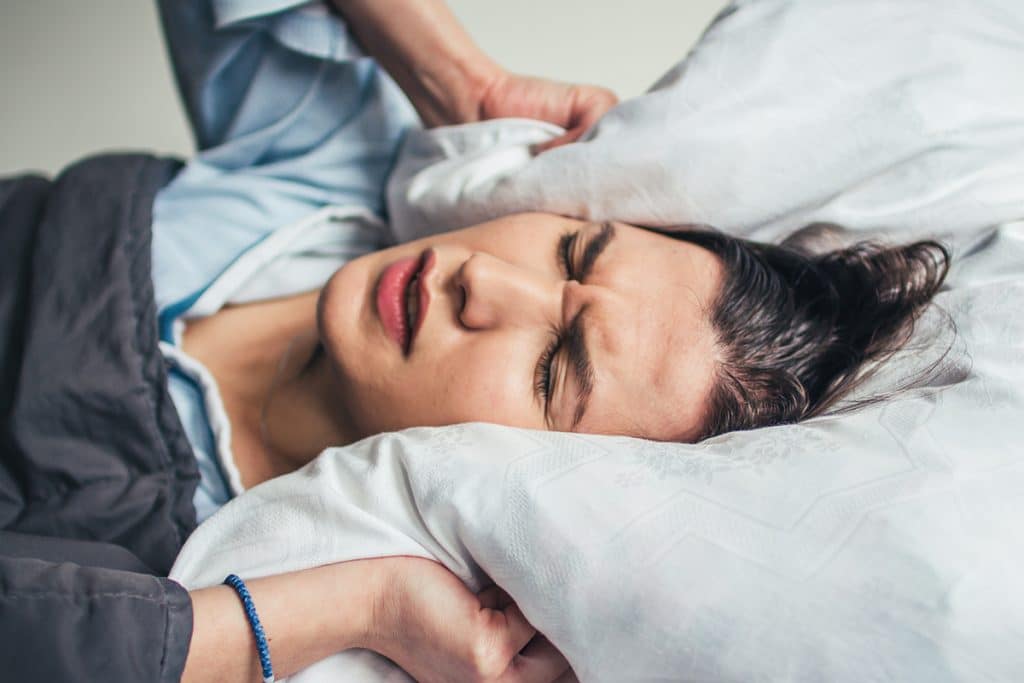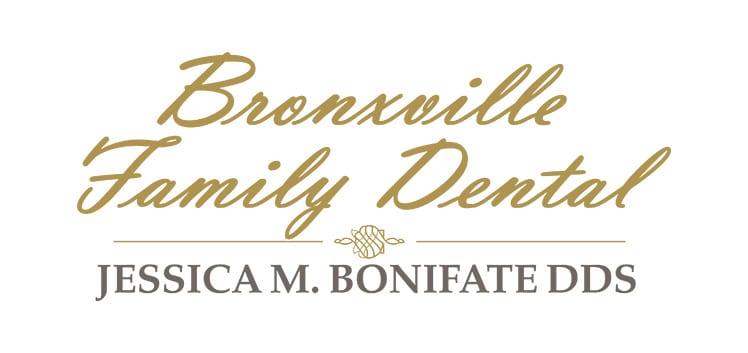What Are The Symptoms Of Sleep Apnea?

Millions of individuals throughout the United States suffer from sleep apnea. And, because it happens at night, there are many more who don’t even know they have it.
Sleep apnea is a condition in which breathing stops quickly and then restarts again moments later. This happens over and over again all throughout the night. If left untreated, sleep apnea has the capability of leading to some serious health issues.
Knowing what to look for can help you determine whether or not you may have sleep apnea so that you can get the treatment you need as soon as possible.
Signs of Sleep Apnea
There are different types of sleep apnea, but obstructive sleep apnea (OSA) is one of the most common. A few signs that may signal you may be suffering from this type of sleep apnea include:
- Excessive sleepiness throughout the day
- Sudden awakening in the night with gasping and/or choking
- Inability to concentrate or focus during the day
- High blood pressure
- Mood swings, including feelings of frustration and sadness
- Waking with a dry mouth and/or sore throat
- Loud snoring
- Headaches in the morning
While it is not always possible, having someone observe that you have periods of halted breathing throughout the night is a great indicator of OSA.
What Causes Sleep Apnea
The muscles in the back of your throat relax while you are sleeping. However, if they relax too much, they can close or narrow the airway. As a result of cutting off airflow, lower oxygen levels are found in the blood.
Because the body is so incredibly designed, this change in breathing triggers the brain to wake you up enough that you reopen your airway.
This can happen about 5 to 30 times every hour while you sleep. As a result, you seriously lack quality sleep and do not get the rest you need, hence all the symptoms.
Seeking treatment is necessary. Without it, you open yourself up to dangerous health conditions, such as:
- Type 2 diabetes
- Heart disease
- High blood pressure
- Obesity
- Fatigue
- Depression
- Serious accidents, either at work, driving a car, working with machinery, and more
Anyone can suffer from OSA, but greater risk factors seem to be those who are overweight, older adults, have high blood pressure, have chronic sinus issues, are smokers, and so forth. Men seem to more commonly suffer from sleep apnea than women.
At the first sign that you may have this type of sleep apnea, contact your dentist.
Treating Sleep Apnea
Dentists have tools that allow them to easily treat OSA without being too invasive - and without requiring the use of the bulky C-PAP machine.
Oral appliance therapy using a customized mouthguard can work well for opening the airways. Your dentist will discuss options with you, but these small mouthguards offer a hassle-free solution to a good night’s sleep.
Designed to fit your mouth, wearing it allows the airway to stay open and the pathway to remain unobstructed. The result? You sleep better, reduce your risk of dangerous medical conditions, and improve your quality of life.
Learn More at Bronxville Family Dental
If you believe you may be suffering from obstructive sleep apnea, Bronxville Family Dental can help. Contact us today at 914-337-8430.

